When you have a cold or the flu, you can be hit with a lot of symptoms at once—so getting appropriate cold and flu treatment is important. If you take over-the-counter (OTC) cold and flu medicines, keep in mind that many of them share the same ingredients with each other and with other OTC and prescription pain medicines. To be sure you’re using them appropriately, read the labels and take ONLY 1 medicine containing the same kind of active ingredient at a time.
Check your medicines! Safety tips for using OTC medicines for cold and flu
Take ONLY 1 medicine that contains acetaminophen at a time. Why?
Taking more than one increases your chances of taking too much (more than 4,000 mg in 24 hours), which could harm your liver.
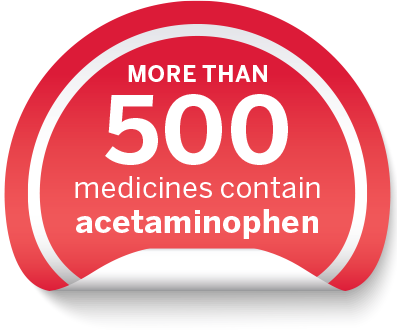
These OTC medicine brands include products that may contain acetaminophen:
Tylenol®
NyQuil®/DayQuil®
Mucinex®
Sudafed®
Theraflu®
Alka-Seltzer Plus®
Take ONLY 1 medicine that contains an NSAID* at a time. Why?
Taking more than one increases your chance of stomach bleeding and ulcers.
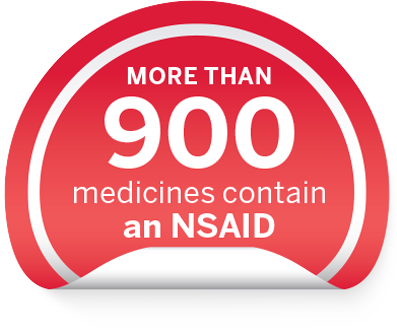
These OTC medicine brands include products that may contain an NSAID:
Advil®
Aleve®
Bayer®
Excedrin®
Alka-Seltzer Plus®
Ways to relieve cold and flu symptoms at home
There are other things that may help your cold or flu symptoms, including natural treatments, lots of fluids, and rest.

Try natural cold and flu symptom remedies
Gargling with warm, salt water is a natural way to help soothe your sore throat. Vitamin C may help to support your immune system.
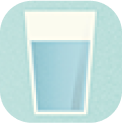
Drink extra fluids
Extra fluids such as water and juices can help thin mucus and relieve your stuffy nose. Hot drinks like herbal tea and broth can soothe your throat and may help relieve congestion.

Take it easy
If you push yourself too hard when you’re sick, you may make it harder for your body to recover. It’s best for you and those around you to stay home, rest, and recover.
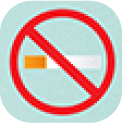
Avoid tobacco and alcohol
Because smoking damages lung cells, it makes it harder to fight off a cold. Alcohol can make you dehydrated, which can make congestion worse.

Talk to your healthcare professional if you don’t get better
If your symptoms persist or get worse, call your healthcare professional.
*NSAID = Nonsteroidal anti-inflammatory drug
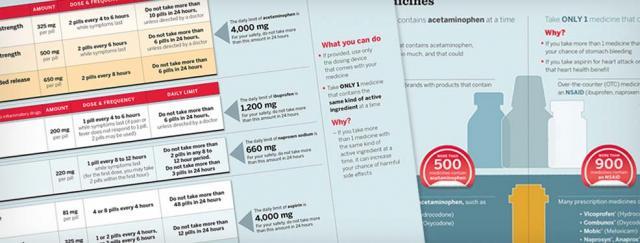
Adult OTC pain reliever dosing charts
Dosing directions for acetaminophen and NSAIDs—all in one place
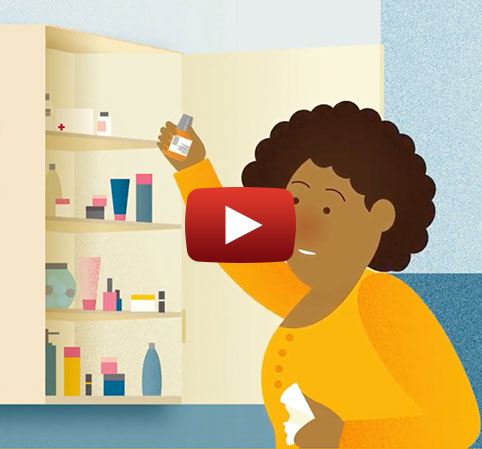
Are you treating cold & flu symptoms safely?
Remember to take ONLY 1 medicine with the same active ingredient at a time

